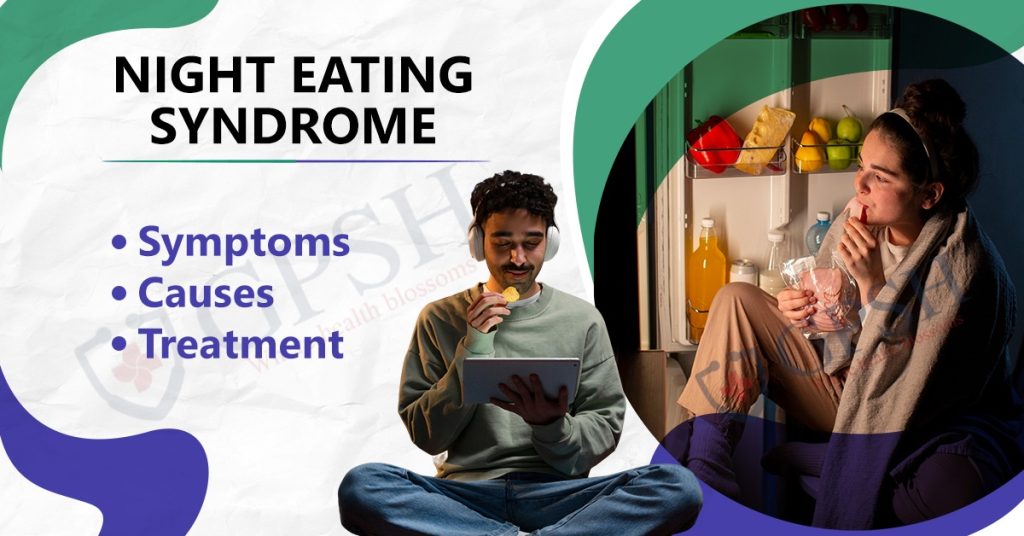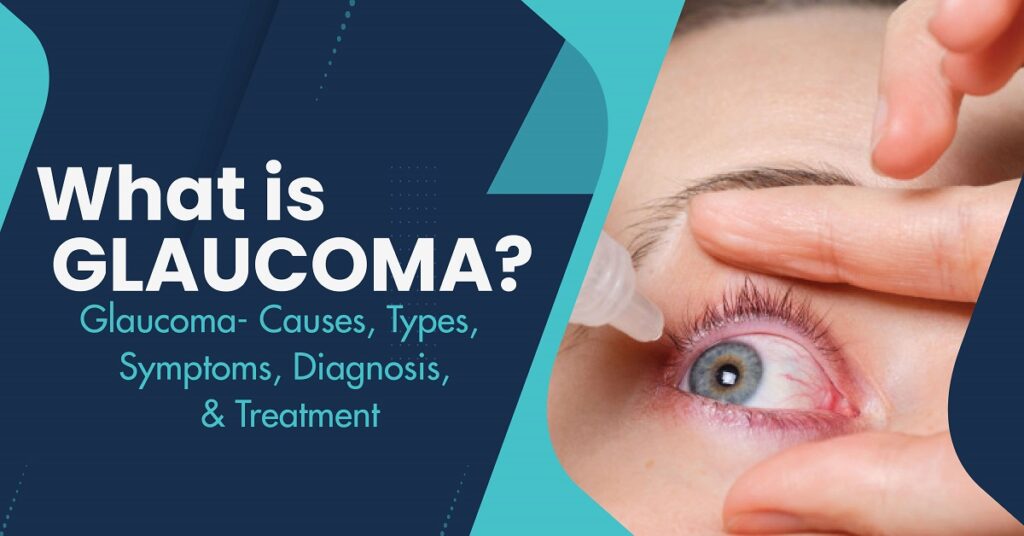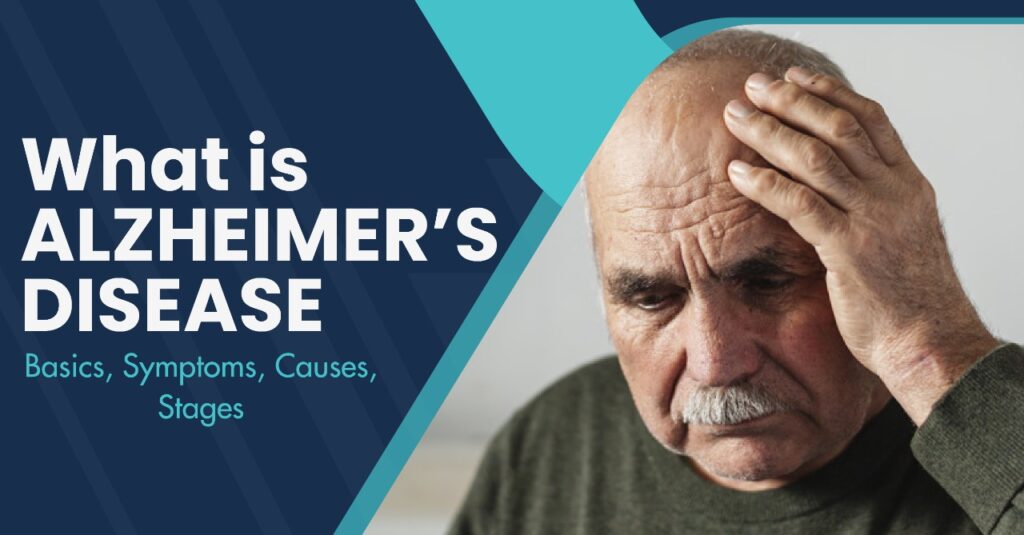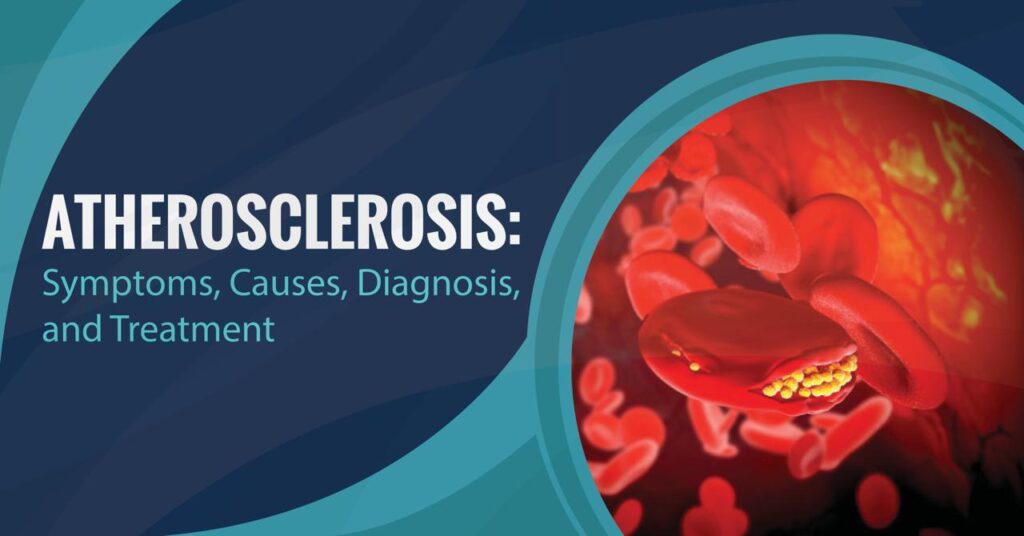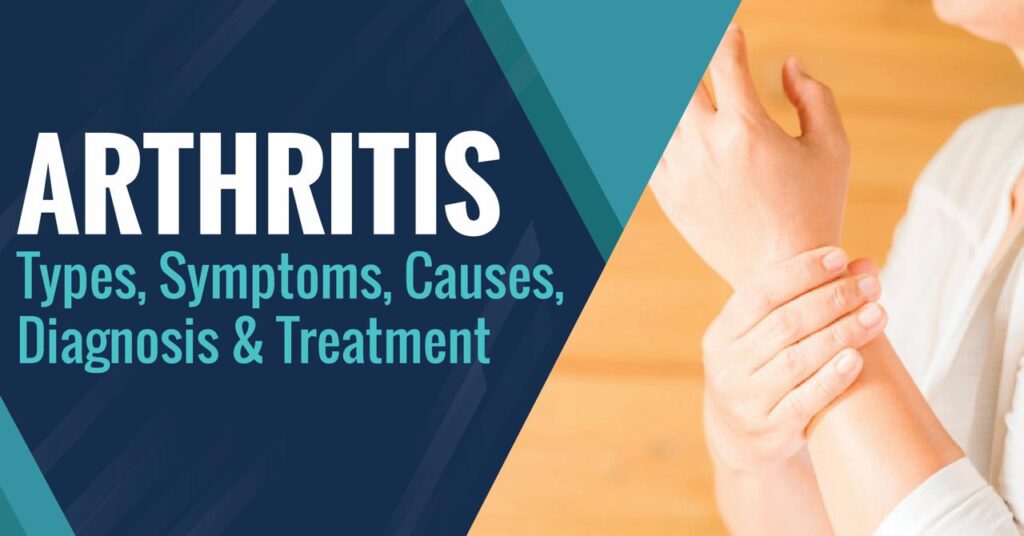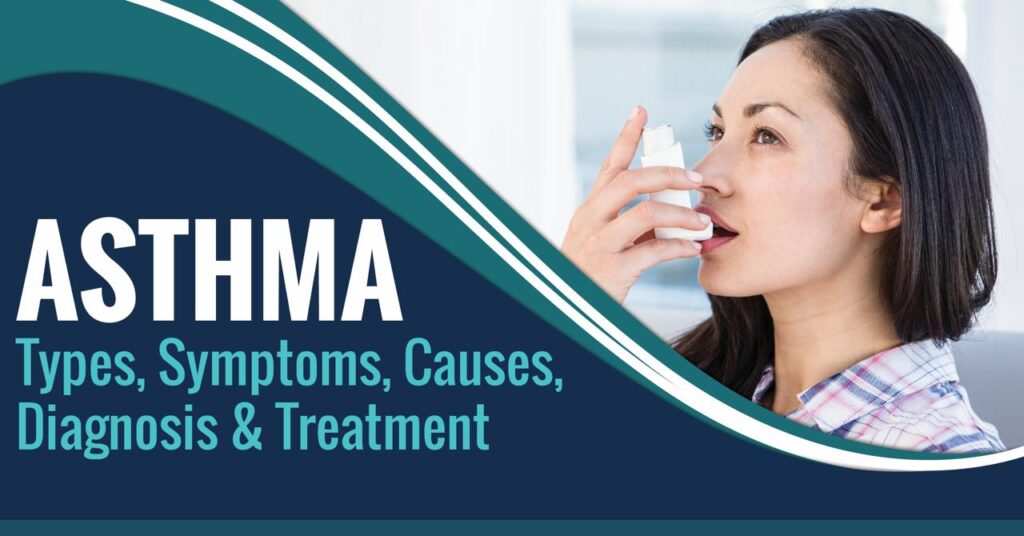What Is Night Eating Syndrome?
An eating condition called night eating syndrome is distinguished by a delayed circadian rhythm of food consumption. Even though people with night eating syndrome frequently engage in binge eating, the two conditions are not the same.
It differs from binge eating in that neither a lack of control over food intake nor the amount of food ingested in the evening or at night must be objectively large. There is often shame and guilt associated with night eating syndrome, as well as feeling like one cannot control one’s eating habits when suffering from the syndrome.
According to the National Institute of Mental Health, night eating syndrome affects 1.5% of people and is equally prevalent in men and women.
Causes of Night Eating Syndrome
Here are some potential causes and factors associated with Night Eating Syndrome:
● Emotional and Psychological Factors: NES is often linked to emotional and psychological factors such as stress, anxiety, depression, and mood disorders. People with NES may use food as a way to cope with negative emotions, and consuming food at night may provide comfort and relaxation.
● Disruption of the Circadian Rhythm: The circadian rhythm, the internal biological clock that regulates sleep-wake cycles, appetite, and metabolism, may play a role in NES. Disruptions in the circadian rhythm, such as irregular sleep patterns or altered melatonin production, can contribute to nighttime eating behaviors.
● Genetic and Biological Factors: Some studies suggest that there may be a genetic predisposition to NES. Certain genetic factors and alterations in brain chemicals and neurotransmitters, such as serotonin and dopamine, may influence appetite regulation and contribute to the development of NES.
● Hormonal Imbalances: Imbalances in hormones that regulate hunger and satiety, such as leptin and ghrelin, have been associated with NES. These hormonal irregularities may affect appetite control and contribute to increased food intake during the night.
● Dieting and Restrictive Eating Patterns: People who have a history of chronic dieting, restrictive eating, or weight cycling may be at a higher risk of developing NES. These individuals may restrict their food intake during the day, leading to increased hunger and food cravings at night.
● Sleep Disorders: NES is often observed in individuals with sleep disorders such as insomnia, sleep apnea, or restless leg syndrome.The cycle of nighttime eating episodes can be perpetuated by disrupted sleep patterns and poor sleep quality.
You Can Also Read:- Aspergillosis: Types, Causes, Symptoms, Diagnosis & Treatment
Symptoms of Night Eating Syndrome
Here are coomon symptoms of Night Eating Syndrome are as follows:
● Nocturnal Eating: The primary symptom of NES is recurrent episodes of eating during the night. Individuals with NES typically consume a significant portion of their daily food intake after their evening meal, usually waking up to eat at least once or multiple times throughout the night.
● Lack of Appetite in the Morning: People with NES often report a diminished appetite upon awakening. They may find it challenging to eat breakfast or may skip it altogether.
● Insomnia or Difficulty Sleeping: NES is frequently associated with insomnia or difficulty falling asleep or staying asleep. Individuals may have trouble initiating sleep or experience frequent nighttime awakenings, which are often followed by eating episodes.
● Eating control: The nighttime eating episodes of people with NES are usually fully aware of themselves. Unlike sleep-related eating disorders, they are conscious and actively engage in the eating behavior, rather than eating while asleep or in a state of partial wakefulness.
● Emotional Component: NES is often associated with emotional distress, such as feelings of guilt, shame, or sadness related to the eating behavior. Some people cope with stress, anxiety, or depression by eating at night.
● Mood Disorders: There is a higher prevalence of mood disorders, such as depression and anxiety, among individuals with NES. These conditions can contribute to the development or exacerbation of NES symptoms.
● Weight Gain: Night Eating Syndrome is associated with weight gain or difficulty losing weight. The caloric intake during nighttime eating episodes can contribute to an imbalance between energy intake and expenditure, leading to weight gain over time.
You Can Also Read:- When to Take Creatine? Best Time to take Creatine
Diagnosis of Night Eating Syndrome
The diagnosis of Night Eating Syndrome involves a thorough evaluation by a healthcare professional, typically a psychiatrist, psychologist, or a healthcare provider with expertise in eating disorders.
● Clinical interview: The healthcare professional will conduct a comprehensive interview to gather information about your eating habits, sleep patterns, and emotional well-being. They will ask about the frequency, duration, and timing of nighttime eating episodes, as well as any associated distress or psychological symptoms.
● Medical evaluation: The healthcare professional may conduct a physical examination and order blood tests to rule out any underlying medical conditions that may contribute to the symptoms. They will also assess your overall health and inquire about any medications you may be taking.
● Sleep assessment: Since NES is often associated with disruptions in sleep patterns, the healthcare professional may evaluate your sleep quality and duration. This may involve the use of sleep diaries, questionnaires, or sleep studies conducted in a specialized sleep center.
● Psychological assessment: The healthcare professional may use standardized questionnaires or interviews to assess your mental health, including any coexisting psychiatric conditions such as depression, anxiety, or obsessive-compulsive disorder.
● Diagnostic criteria: The diagnosis of NES is typically based on the Diagnostic and Statistical Manual of Mental Disorders (DSM-5) criteria. According to DSM-5, the key features of NES include recurrent episodes of night eating, a lack of appetite in the morning, and distress or impairment caused by the symptoms.
Prevention of Night Eating Syndrome
While there is no guaranteed prevention for NES, there are several strategies that may help manage and reduce symptoms. It’s important to note that consulting with a healthcare professional or a registered dietitian who specializes in eating disorders is highly recommended for an individualized approach. Here are some general tips:
● Establish regular meal patterns: Aim for consistent and balanced meals throughout the day. Include all essential macronutrients (carbohydrates, proteins, and fats) in your meals to provide sustained energy and promote satiety.
● Eat a balanced dinner: Make sure your dinner includes a combination of complex carbohydrates (whole grains, vegetables), lean proteins (chicken, fish, tofu), and healthy fats (avocado, nuts, olive oil). This can help stabilize blood sugar levels and reduce cravings later in the evening.
● Create a structured evening routine: Establishing a consistent routine before bed can help reduce the likelihood of engaging in night eating behaviors. Engage in relaxing activities such as reading, taking a bath, practicing meditation, or engaging in a hobby that distracts you from food-related thoughts.
● Track your triggers: Keep a journal to identify the specific triggers of night eating. It could be stress, boredom, loneliness, or certain foods. Once you identify these triggers, you can develop alternative coping mechanisms or healthier ways to address those underlying issues.
● Avoid strict dieting: Diets that restrict calorie intake and severely restrict calories can increase the risk of nighttime eating. Focus on adopting a balanced and sustainable approach to eating that meets your nutritional needs.
● Sleep hygiene: Prioritize good sleep hygiene by maintaining a consistent sleep schedule and creating a comfortable sleep environment. Poor sleep quality and insufficient sleep can contribute to NES symptoms.
● Consider professional treatment: In severe cases, professional treatment may be necessary. This can involve therapy, such as cognitive-behavioral therapy (CBT) or dialectical behavior therapy (DBT), which are effective in treating eating disorders.
Treatment of Night Eating Syndrome
Therapies, medications, and lifestyle changes are commonly used in the treatment of NES. Several common strategies are used to treat Night Eating Syndrome:
● Cognitive-Behavioral Therapy (CBT): CBT is frequently suggested as a treatment for NES. It focuses on identifying and altering the ideas, actions, and feelings that are connected to episodes of night eating. CBT can help individuals develop healthier eating patterns, manage stress and emotions, and establish a regular sleep schedule.
● Medications: Certain medications may be prescribed to help manage NES symptoms. Selective serotonin reuptake inhibitors (SSRIs), such as sertraline or fluoxetine, have been found to be effective in reducing night eating episodes. Other medications, such as topiramate, may also be considered in some cases.
● Sleep hygiene: Establishing a consistent sleep routine and improving sleep hygiene can be beneficial in managing NES. This includes maintaining regular bedtimes and wake-up times, creating a comfortable sleep environment, avoiding stimulating activities close to bedtime, and limiting exposure to electronic screens before sleep.
● Nutritional counseling: Working with a registered dietitian can help individuals develop a balanced meal plan and address any underlying nutritional deficiencies. They can provide guidance on portion control, healthy eating habits, and meal timing, which may help regulate eating patterns.
● Stress management: Stress and emotional factors often contribute to NES. Learning stress management techniques, such as relaxation exercises, meditation, or mindfulness practices, can help reduce nighttime eating episodes triggered by emotional distress.
● Support groups or therapy: Participating in support groups or seeking individual therapy can provide a supportive environment where individuals can share their experiences, gain insights, and learn coping strategies from others facing similar challenges.
● Regular physical activity: Engaging in regular exercise or physical activity can help improve mood, reduce stress, and regulate appetite. A healthcare expert should be consulted before beginning any workout programme.


